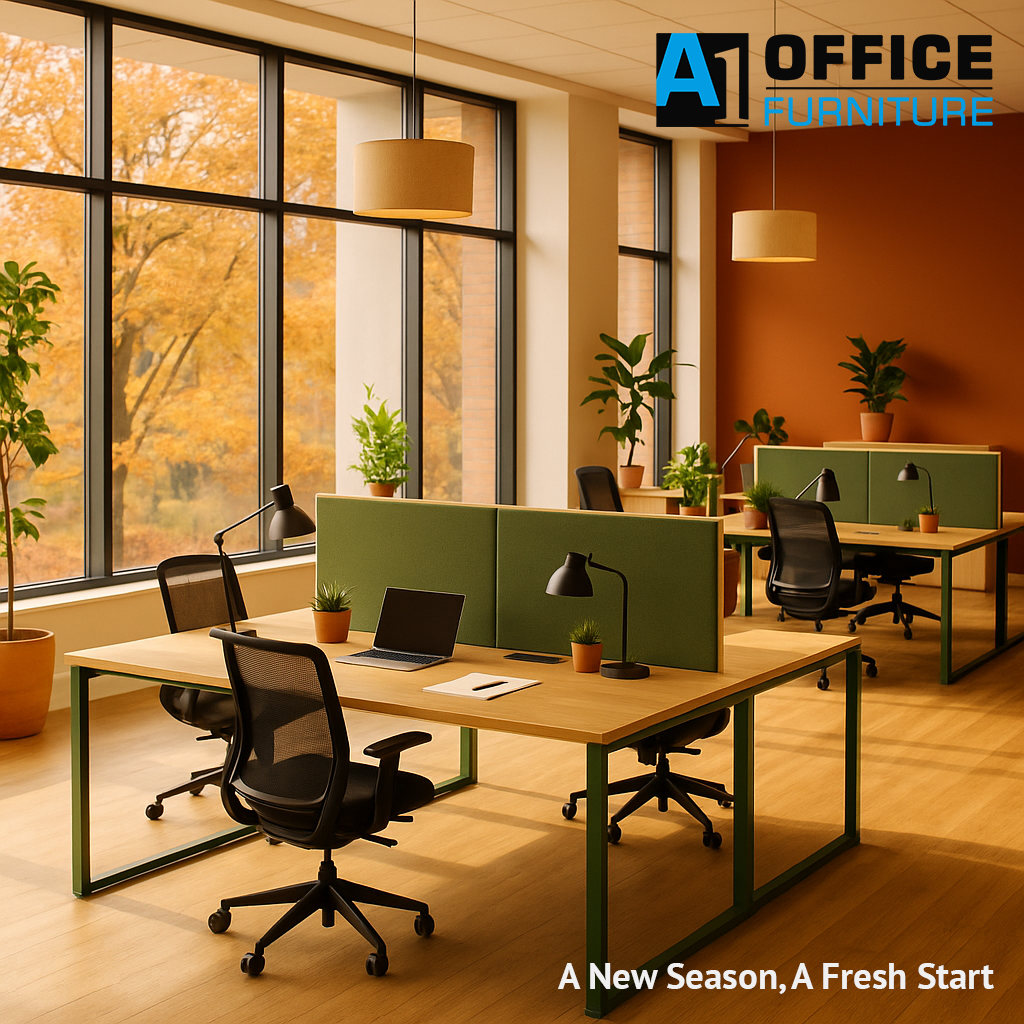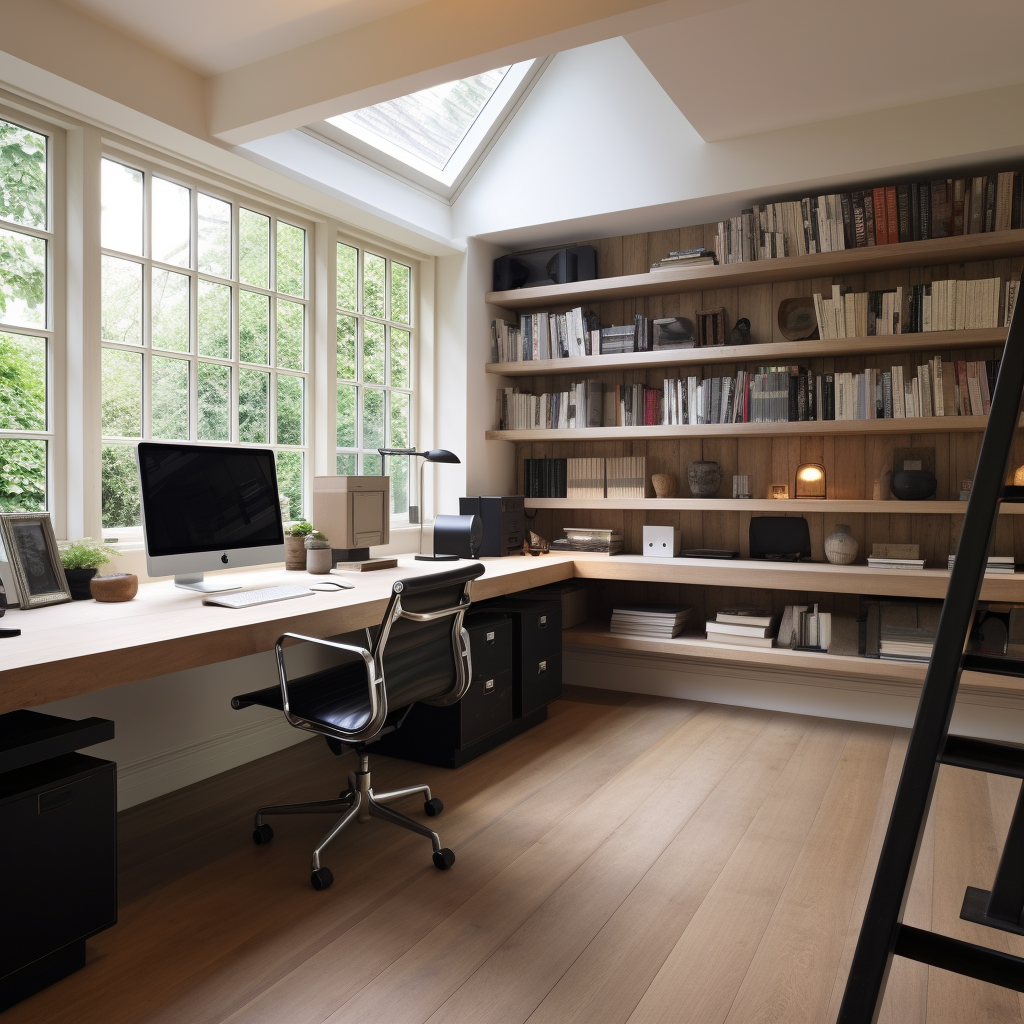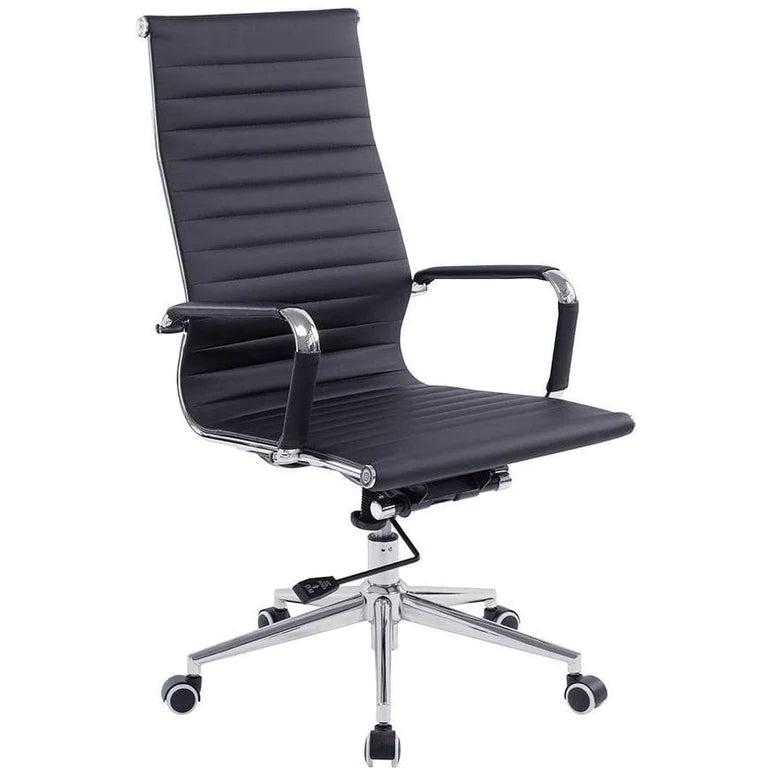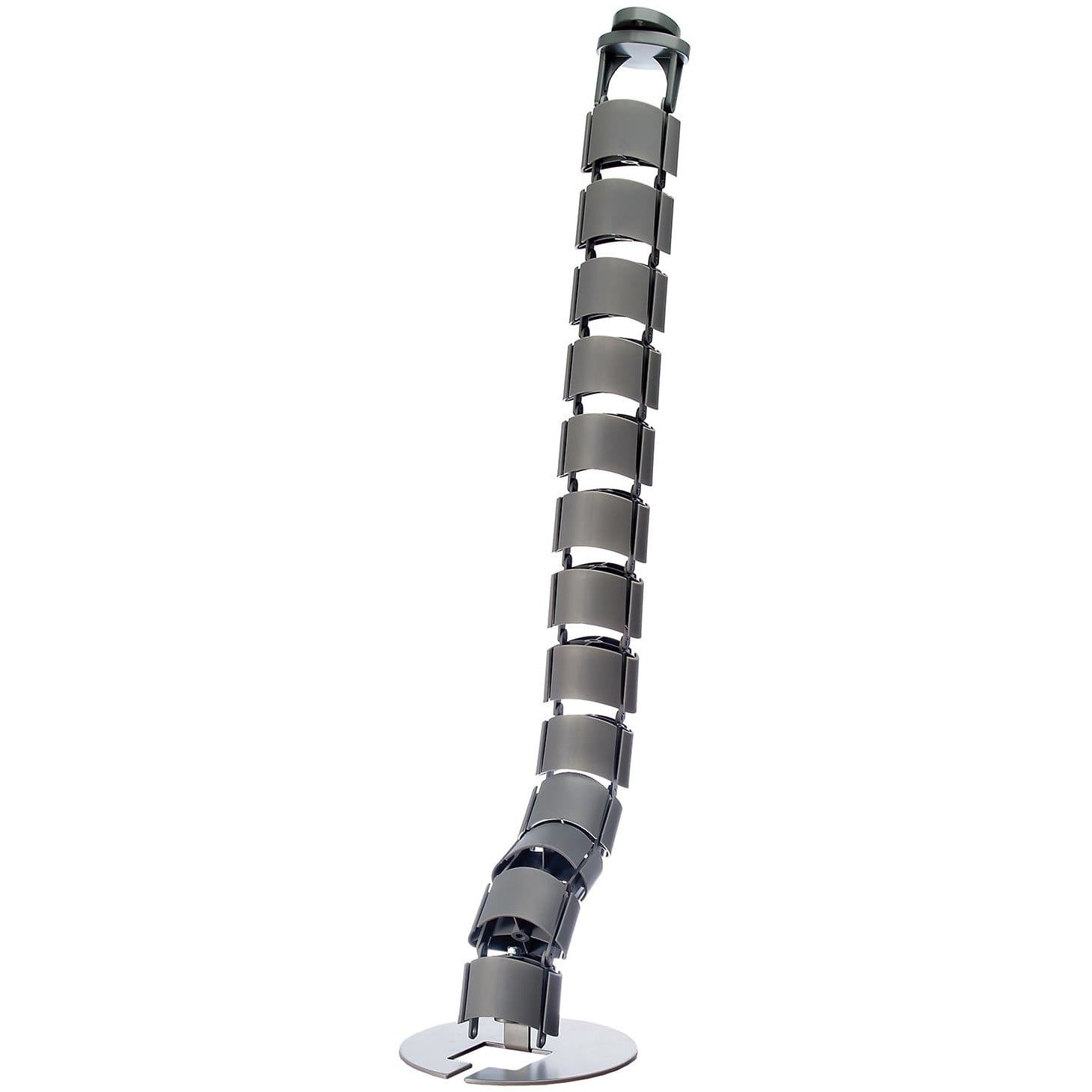
What Is Furniture for Office Work?

Introduction: Office furniture encompasses a variety of items designed to support the operations and tasks carried out in a work environment. The right furniture not only contributes to the efficiency and functionality of a workspace, but also to the comfort and well-being of the employees. This article discusses the types of furniture commonly used in offices, their functionality, and the factors to consider when selecting office furniture.

Types of Office Furniture:
-
- The cornerstone of any office, desks provide a space for employees to carry out their tasks.
- They come in various designs such as executive, writing, computer, and standing desks.
-
- Ergonomic chairs are crucial for maintaining good posture and minimizing physical strain.
- Options include task chairs, executive chairs, guest chairs, and ergonomic chairs with adjustable features.
-
- Filing cabinets, bookshelves, and credenzas help in organizing documents, supplies, and personal items.
- Modern offices might opt for modular storage solutions for better space utilization.
-
- Essential for team meetings, presentations, and collaborative tasks.
- They come in various sizes and shapes to accommodate different group sizes.
-
- Partitions create private workspaces and can help in reducing noise and distractions.
- They can be fixed or movable, providing flexibility in office layout.
-
- Items like keyboard trays, monitor stands, and cable management accessories contribute to an organized and comfortable work environment.
Functionality and Consideration Factors:
- Adaptability: Office furniture should be adaptable to the needs of the employees and the tasks at hand.
- Ergonomics: Furniture that supports good posture and minimizes strain is crucial for employee well-being.
- Aesthetics: A well-designed office with stylish furniture can create a positive impression and boost morale.
- Durability: Investing in durable furniture ensures that it withstands the daily wear and tear, providing long-term savings.
- Budget: Balancing quality and cost is crucial, and there are many affordable options available that do not compromise on quality.
Selecting the right furniture is a critical aspect of creating a conducive and productive work environment. By considering factors such as ergonomics, durability, and aesthetics, businesses can create a workspace that not only meets the functional requirements but also promotes a healthy and enjoyable work atmosphere.










Didn’t expect much from this and I sure wasn’t disappointed.